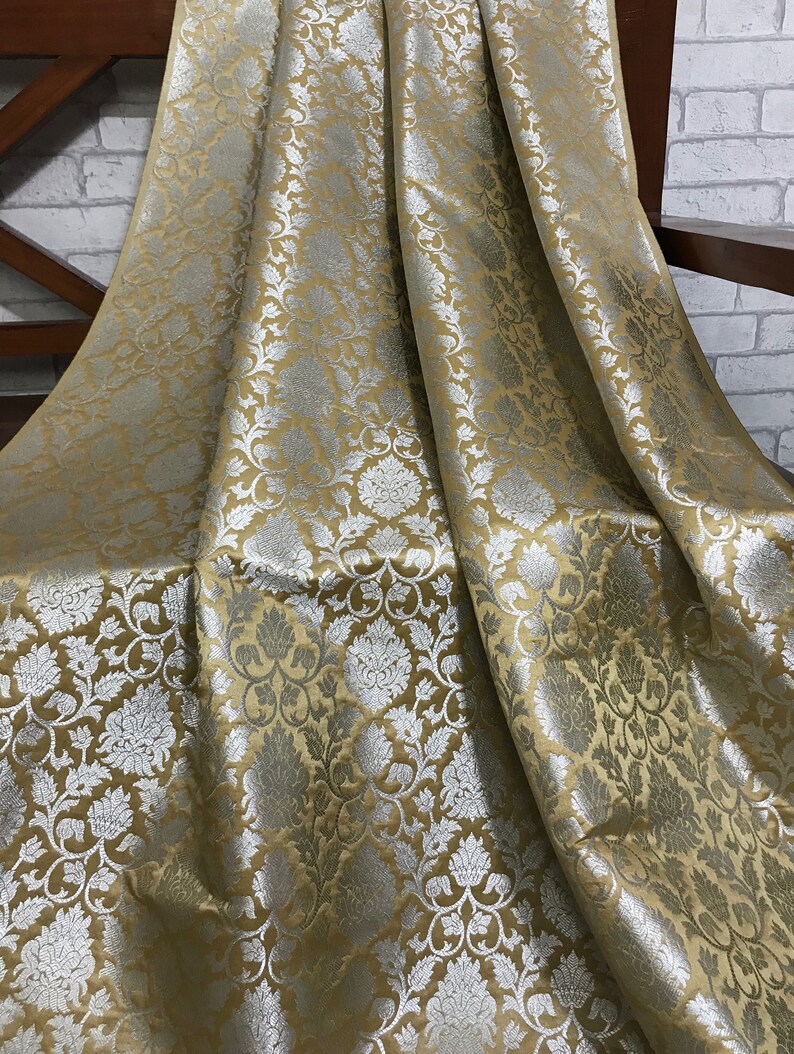

The sale of both SteelApp and SteelStore should allow Riverbed to focus on what it's really good at, and that's finding and fixing WAN issues. For Riverbed, the sale of SteelApp follows the $80 million sale of SteelStore to NetApp last October.

I look at this as a win-win for both companies, as well as the SteelApp customer base. Occam's Razor would suggest that there just isn't any reason to have both solutions come from one vendor. One possibility could be that none of them could figure out the go-to-market with both. Juniper, Cisco, Citrix, F5, and Riverbed all tried, and none of them really made it matter. Taking a look back, a number of vendors have tried to make the case that buying ADCs and WAN optimization from a single vendor would create some kind of solution that could optimize traffic from the core of the network to the edge. While the deal conceptually made sense, in retrospect, ADCs and WAN optimization tools really don't have much synergy with one another. Now, after almost four years, SteelApp will become part of Brocade's business. However, although the business unit had some early success when it was dropped into the Riverbed channel, it never really became a meaningful part of Riverbed's revenue stream. On paper, the acquisition made sense for Riverbed, as Zeus had solutions that optimized the performance of applications with a data center solution and Riverbed was a vendor that optimizes application performance over the wide area network. Formerly known as Stingray, SteelApp came to Riverbed in the acquisition of UK-based Zeus, who pioneered the virtual ADC market. SteelApp is a virtual application delivery controller and competes most often with the likes of F5 and Citrix. It never made sense to me that it put itself on the market.Īnd now I know why, thanks to Brocade setting the record straight.Last week, Brocade announced its intent to purchase the SteelApp product line from Riverbed for an undisclosed amount of cash.

It took one small statement in my post about Brocade’s newest channel chief to finally get the company to say something about it (at least to us).īrocade is a solid company with some nifty networking technology and what seems to be a good relationship with its channel partners. Seems to me Brocade could have posted that interview through its social channels to shut down the rumor mill without actually commenting. To be fair, in a January interview with Bloomberg News, new CEO Lloyd Carney said there were no plans to sell the company. So, apparently, the myriad articles stating the company is, indeed, on the market-and there have been many, going back as far as 2009-are simply not true.īut here’s the thing: If the rumors aren’t true and the company has never been for sale, why has Brocade been silent about the topic amid all the chatter and speculation this year?Īnd-I’m just throwing this out there-if the rumors are potentially damaging to Brocade’s business and its relationships with other vendors, customers and its channel partners, why didn’t the company put a stop to the rumors before they snowballed?īromley responded by saying the company’s policy is it doesn’t comment on rumors at all. “There have always been the rumors, but we don’t comment on rumors.” No executive has ever said it was for sale,” said Katie Bromley, corporate communications manager at Brocade. “We are a public company, and we never said we were for sale. Networking vendor Brocade (BRCD) is responding to the longstanding rumor that it’s for sale, stating emphatically that the company is not for sale and never has been.


 0 kommentar(er)
0 kommentar(er)
